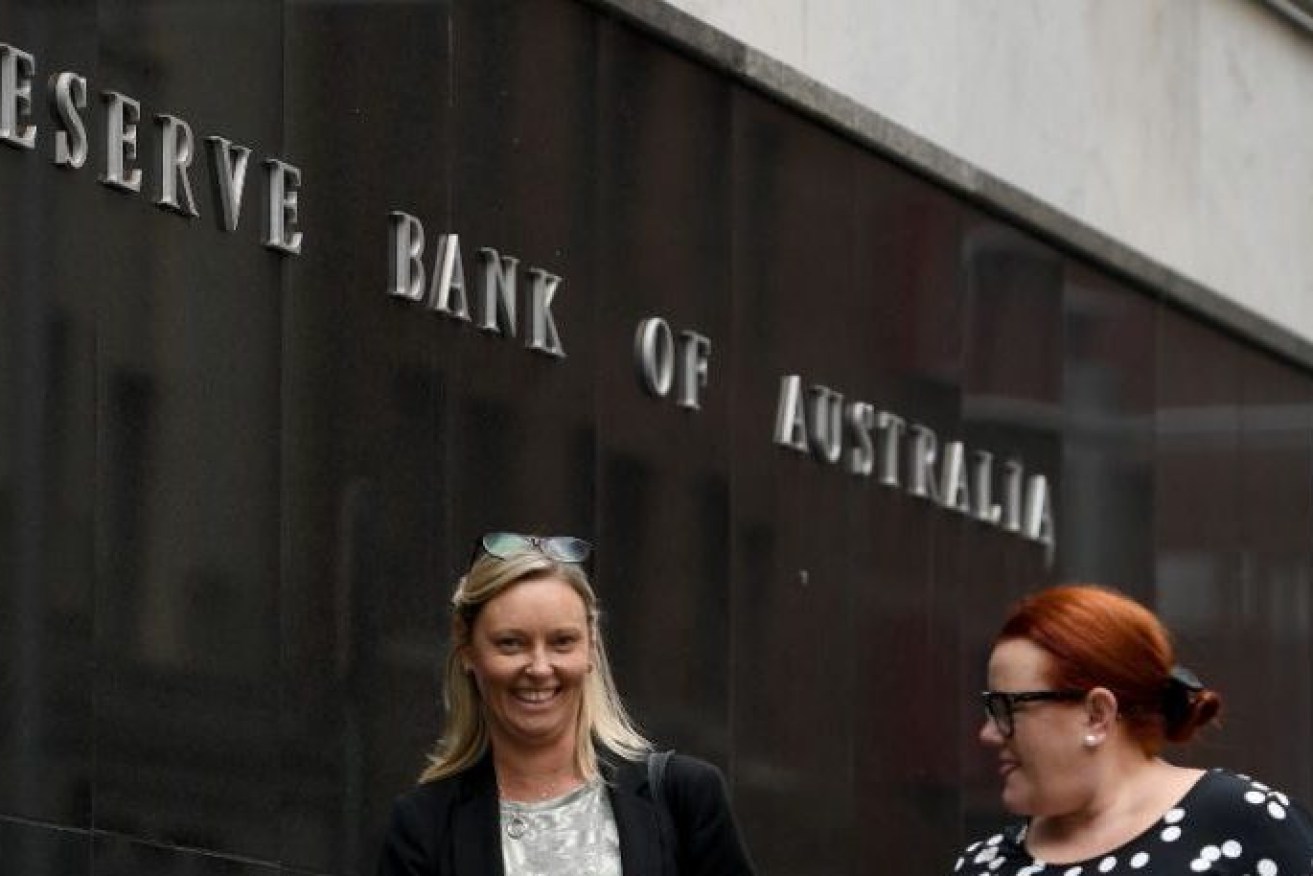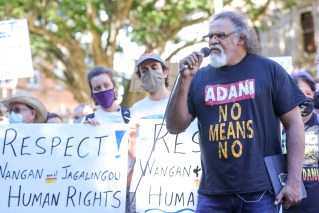Inflation continues to rise, interest rates to follow suit as cost of living hits home
Inflation was still running hot with latest measure showing the consumer price index rose 1.9 per cent in the December quarter, putting pressure on the Reserve Bank to increase interest rates again next month.


Morgans has tipped three more rate hikes (pic: AAP)
The increase led to a sell-off on the share market as investors took note that the increase was above expectations.
It was the fourth consecutive quarter to show a rise in inflation greater than any seen since the introduction of the Goods and Services Tax in 2000. The annual inflation rate was now 7.8 per cent, the highest annual rate in more than 30 years.
IFM economist Alex Joiner said another 25 basis point move in the Reserve Bank’s cash rate in February “now seems assured”.
The ANZ Bank went one further suggesting a February and March increase, especially if wages were shown to be increasing strongly, as expected.
If the RBA does increase its cash rate it would be the ninth time in a year.
The cash rate is currently 3.1 per cent and most economists expect it would rise as high as 3.8 per cent.
Some, like Deloitte, believe that a hike in February could tip the country into recession, but that is not a view of many others who believe Australia would be one of the few economies to skirt a recession.
But the data released today showed widespread price increases. Joiner noted that almost 90 per cent of the categories within the CPI rose by more than 2.5 per cent over the year.
Domestic travel was a major contributor. Prices in the domestic sector jumped 13 per cent in the quarter while international travel jumped 7.6 per cent. Electricity costs were up 8 per cent.
“Food prices continued to rise, driven by restaurant meals and takeaway foods as dining establishments pass through the costs for inputs including ingredients and labour,” the ABS said.
Vegetable costs fell by 10.2 per cent.
The Australian Bureau of Statistics data showed that over the year in which the CPI rose 7.8 per cent, new dwellings jumped by 17.8 per cent and domestic travel by almost 20 per cent. Fuel was up 13 per cent.
Economist Warren Hogan said overall inflation may have peaked but domestic pressures were still building, but at a lower pace.
“The RBA must act further to get real interest rates up and drain excess demand from within the economy,” Hogan said.
“The annual increase for the CPI is the highest since 1990











